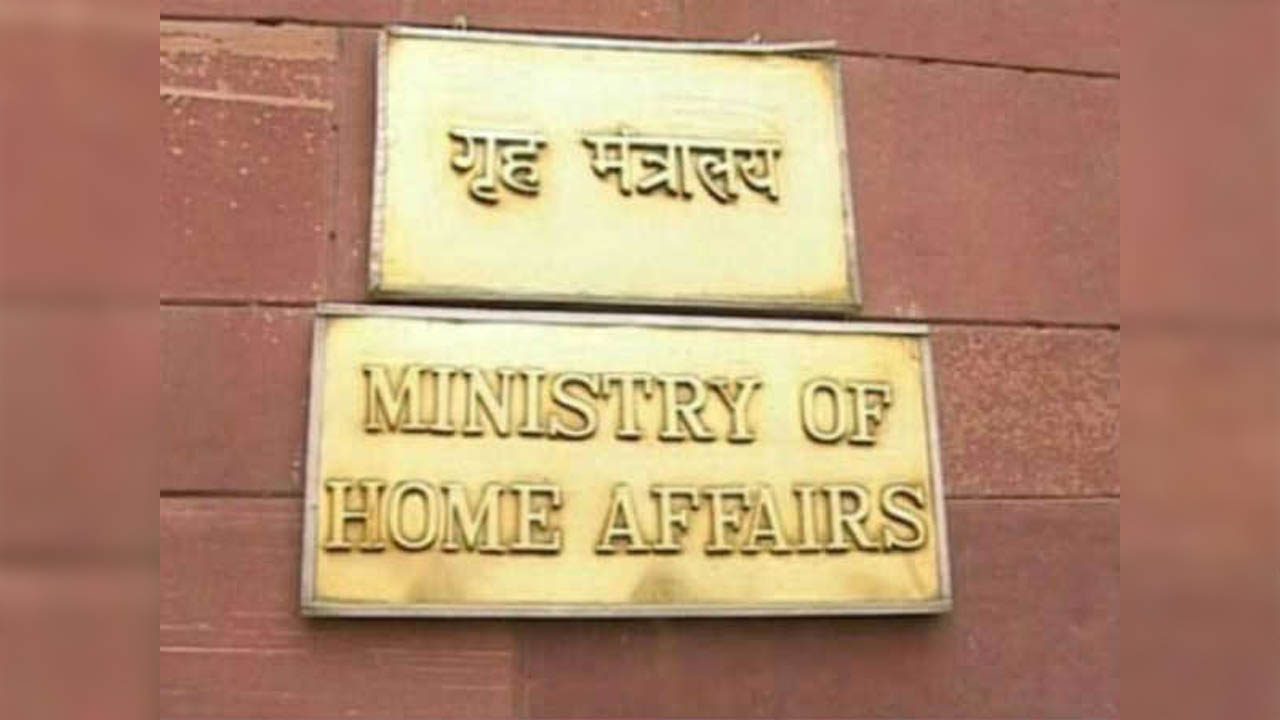The Ministry of Home Affairs has amended the Foreigners (Tribunals) Order, 1964 and spelled a clear road map for those not included in the National Register of Citizens (NRC).
As reported by The Hindu, the amended order dated May 30, allows all states and union territory administrations to constitute their own Foreign Tribunals, earlier unique to Assam, to address the question of citizenship of a person.
The amended order also allows District Magistrates to refer individuals who haven’t filed claims against their exclusion from NRC to the Tribunals to decide if they are foreigners or not. The amendment also empowers individuals to approach the Tribunals.
However, the new order dis-empowers those already vulnerable under the law’s jurisdiction by creating ambiguity over what constitutes “merit”. It increases the possibility of bias or an erroneous judgment.
Also read: 1,000 tribunals to hear those left out of NRC: Assam
What is a foreigners tribunal?
Foreigners’ tribunals were set up under the Illegal Migrants (Determination by Tribunals) Act, 1983, which was struck down as unconstitutional by the Supreme Court in 2005. These quasi-judicial bodies determine the citizenship of Indian residents under the Foreigners’ Act, 1946. The system requires border police to investigate cases and refer them to the tribunals.
Once a ‘foreigner’ has been apprehended by the police for staying illegally, he or she is produced before a local court under the Passport Act, 1920, or the Foreigners Act, 1946, with the punishment ranging three months to eight years in jail. Once the accused have served the sentence, the court orders their deportation, and they are moved to detention centres till the country of origin accepts them.
Also read: NRC blues continue to haunt Assam citizens
The Supreme Court-monitored NRC exercise, aimed at identifying illegal immigrants in the state that borders Bangladesh, was carried out only in Assam, but the FT mechanism unique to it that determines one’s citizenship now transcends all states.
As per directions of the Supreme Court, the Registrar General of India (RGI) published the final draft list of NRC on July 30 last year to segregate Indian citizens living in Assam from those who had illegally entered the State from Bangladesh after March 25, 1971. Nearly 40 lakh people were excluded from Assam’s final draft published last year. The NRC is a fallout of the Assam Accord, 1985. As many as 36 lakh of those excluded have filed claims against the exclusion, while four lakh residents haven’t applied.
















